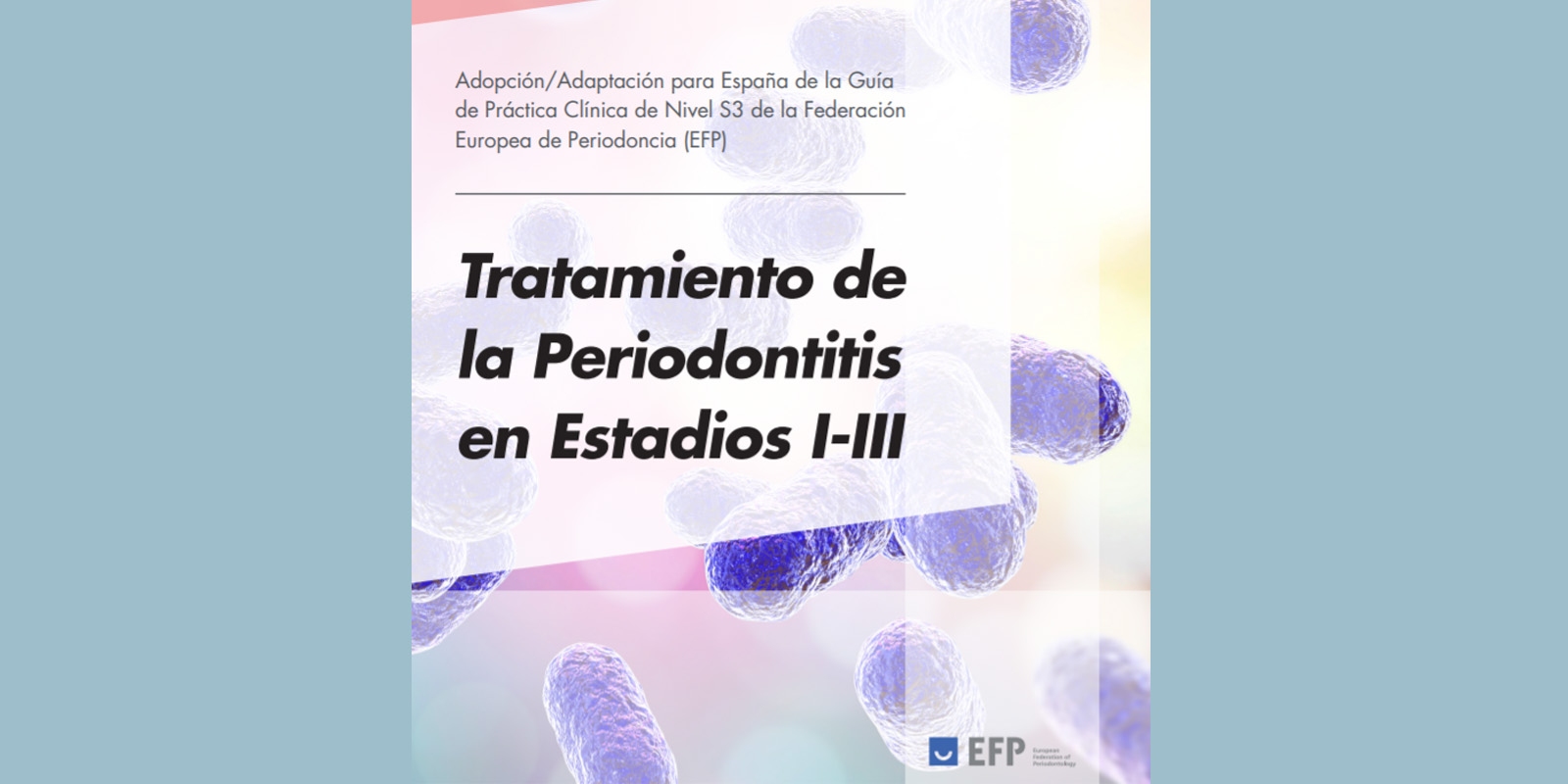DENTAID EXPERTISE
News for dentistry professionals
CARIES AND THE CONSUMPTION OF FERMENTABLE CARBOHYDRATES
28 May 2018

Given that a high consumption of carbohydrates is associated with greater caries occurrence, it is important to know the composition of the foods we eat and the amount of carbohydrates they contain in order to prevent this dental disorder.
Leonor Martín-Pero Muñoz Head of training at the Professional Association of Dental Hygienists of Madrid (CPHDM, according to its initials in Spanish), Commission for Oral Health and Prevention of the CPHDM
Caries is an infectious disease that destroys hard dental tissues and is caused by the effects of acids produced by the microorganisms that make up dental plaque(1). Although the aetiology of caries is multifactorial, it is closely linked with diet. The high consumption of fermentable carbohydrates is associated with an increased occurrence of caries(2), so “controlling” consumption thereof helps to prevent the onset of this disease.
One of the difficulties we encounter in our attempt to effectively control the consumption of fermentable carbohydrates is knowing the composition of the foods we eat and the real amount of sugar they contain. For this reason, it is recommended to read nutritional information labels, which will give us a breakdown of the composition and sugar quantity that they contain.
SUGAR CONTENT OF PACKAGED FOODS
On product labels you can see the sugar content per 100 grams and, in some cases, which of all these hydrates are sugars. It is recommended that most of the products that we buy do not exceed 10% in sugars:
HIGH: 10 or more grams of sugar for every 100 grams.
MEDIUM: Between 2 and 10 grams of sugar for every 100 grams.
LOW: Less than 2 grams of sugar for every 100 grams.
If it is not specified which are complex hydrates and which are sugars (simple hydrates), we can refer to the ingredients. On the list of ingredients, these should appear in decreasing order (in order of importance) according to their weights at the moment in which they are incorporated into the product during the production process.
CONCLUSION
We must educate our patients with regard to the most adequate consumption of “simple sugars”. Knowing the composition of food and the amount of carbohydrates contained therein will help us to control the onset of dental caries.
RELATED ARTICLES

17 Feb 2022
EuroPerio Series: professional discussions and scientific exchange
To keep the global perio community up to date with the latest research findings as well as give a taster of what is to come at EuroPerio10, the…

21 Jan 2022
Xerostomia in COVID-19 positive patients: clinical considerations
Severe Acute Respiratory Syndrome Coronavirus 2 (SARS-CoV-2) the cause of the pandemic known as COVID-19, affects different organs and systems (lungs,…

20 Jan 2022
A guide adapted to Spain to optimise the approach to periodontitis
There are currently numerous clinical practice guidelines to direct the treatment of many systemic diseases (such as diabetes, depression,…
Sign up for the DENTAID Expertise newsletter
Sign up for the newsletter